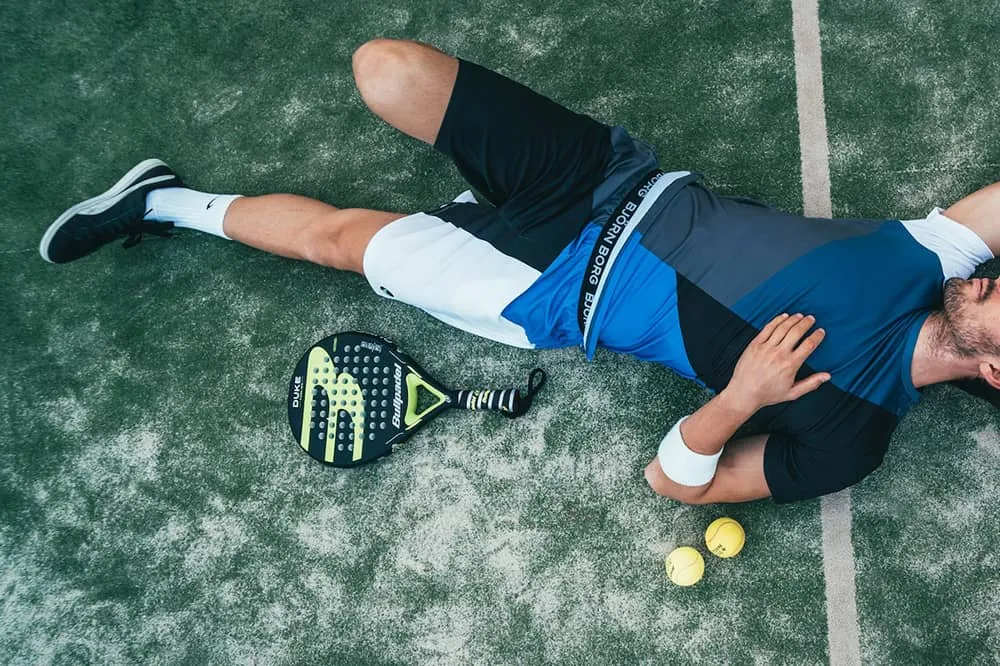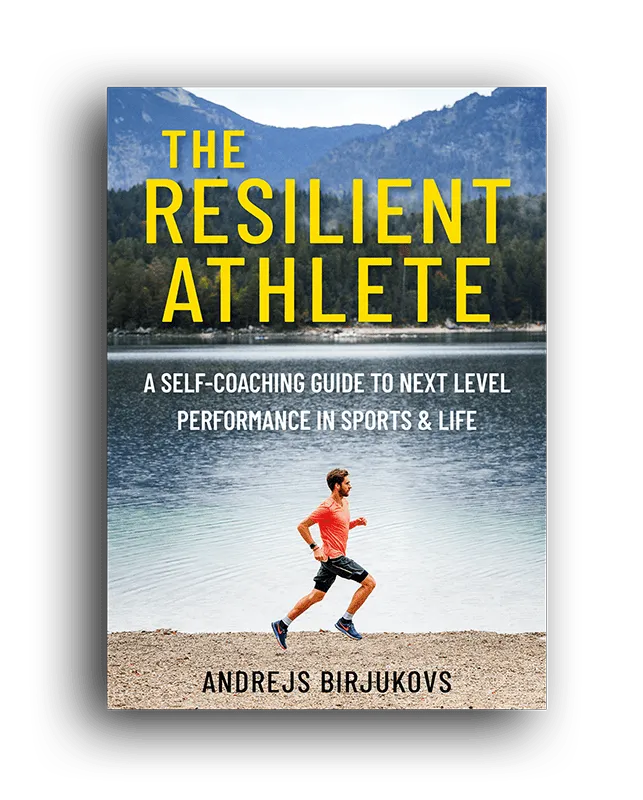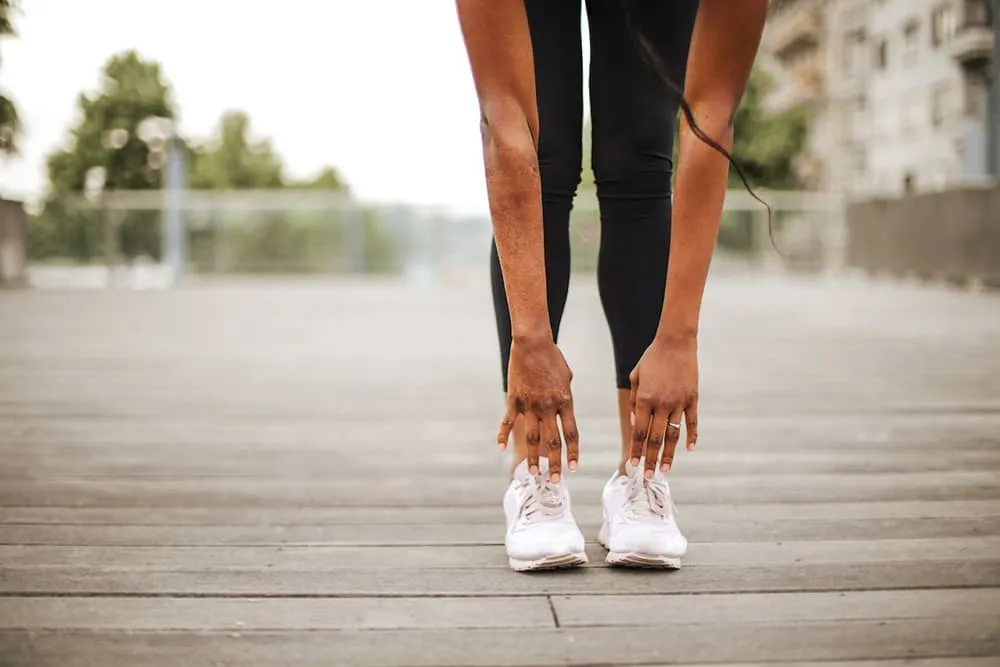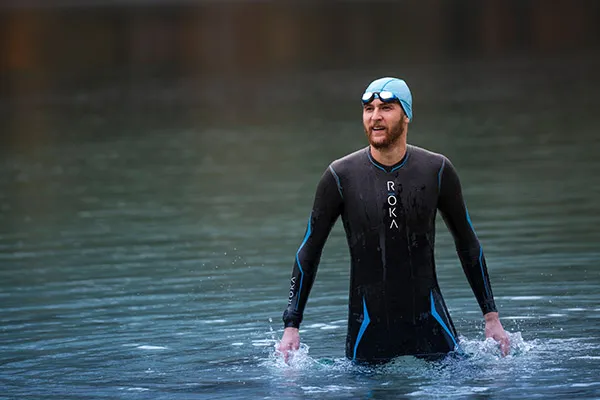Student Athlete: Practical Guide To Balancing Sports And Academics
One of the most favourite sports for a student athlete is undoubtedly track and field. Why? Maybe because it’s a test of sheer willpower, grit, and perseverance.
Basketball too holds a special place on campuses. It’s the hustle of the court and the unspoken language of teamwork that has students flocking to the court.
Football, or soccer as some prefer, is another big hit. This sport knows no boundaries. Whether students are involved in the college team or simply enjoying a spontaneous match on a sunny afternoon, football runs in the veins of college life.
Swimming is another common preference. Did you know that it offers an excellent full-body workout? Plus, it’s an escape from the heat in the summer months. The rhythm of strokes, the competition, the meditative solitude – it’s both physically and mentally engaging.

Balancing sports and academics can be a juggling act, but hey, it’s part of the college experience. It’s about sweat, perseverance, and, most importantly, having fun while you’re at it.
However, you are not alone in this journey. You can get essays from Edubirdie, which is professional help that comes in handy when you are too burdened. With this essay writing service, you’ll have a chance to devote more time to your favourite sports.
Does sports and academics balance even exist?
On one side, there’s your college life. It’s full of lectures, seminars, late-night cram sessions, never-ending assignments, the thrill of acing a tough exam, and the satisfaction of wrapping up a major project. It helps you sharpen your mind, expand your knowledge, and set yourself up for a bright future.
But then, there’s the other side. The rush of adrenaline as you sprint across the field and the nerve-wracking seconds before the whistle blows. Here you have the intense training sessions and the sweet taste of victory. That’s your sports life, where you test your limits, learn the value of discipline, teamwork, and leadership. And all this while trying to keep your college colours flying high.
Now imagine having to do both. That’s what we call the ‘sports and academics balance.’ It’s about juggling between chasing down knowledge and running laps around the track.
You can be as good in the lecture hall as you are on the playing field.
Student athlete: a guide to balancing sport and academics
With the strategies below, you can succeed in both the classroom and the sports field. Remember, the aim is to become well-rounded individuals, excelling in both academics and sports. It might be challenging at times, but it’s also an incredible opportunity to grow.

The Resilient Athlete
A Self-Coaching Guide to Next Level Performance in Sports & Life
Are you aiming to become a resilient athlete who is able to withstand any pressure? Be able to jump on any opportunity? Take any challenge life throws at you head on?
Then this book is for you.
Learn more1. Prioritize time management
In the worlds of both sports and academics, time is your most precious resource. Learn to manage it wisely. Get organized with a planner or a digital calendar to track all of your classes, practices, games, study sessions, and assignments. Seeing everything in one place can help you find balance and avoid overloading yourself on any given day.
Read also: 18 Practical Time Management Hacks For Athletes And Busy People
2. Stay on top of your work
Don’t let assignments pile up. When you get an assignment, start on it as soon as possible. This way, even if an unexpected commitment pops up (like an extra practice before a big game), you’re not left scrambling at the last minute.
3. Use the resources available to you
Take advantage of academic resources your school offers, such as tutoring centres, academic advisors, or study groups. If you’re a student athlete, your athletic department might offer specific resources for a student-athlete, like study halls or academic mentors.
4. Communicate effectively
Keep the lines of communication open with both your coaches and professors. If you anticipate a conflict between your sports and academic schedules, let them know as early as possible. They can help you come up with a plan to manage your commitments.

5. A good student athlete takes care of him-/herself
Balancing sports and academics can be physically and mentally demanding. Make sure you’re eating a balanced diet, getting enough sleep, and taking time for yourself to relax and recharge. Remember, you can’t perform at your best in either area if you’re not at your best physically and mentally.
Read also: Top 10 Endurance Athlete Diet Mistakes And How To Avoid Them
6. Balancing sports and academics requires focus
When you’re in class, be there completely—mentally and physically. Similarly, when you’re at practice or a game, be fully present there. Try not to worry about the calculus problem set while you’re at a basketball practice, or the upcoming game while you’re in the middle of a lecture.
7. Consider online or blended learning options
If your sports schedule is very demanding, consider online or blended learning options. These can provide more flexibility, letting you do coursework around your training and competition schedule.
8. Student athlete must seek balance, not perfection
There will be times when it feels like there’s too much for you. But remember, the goal is a balance, not perfection. It’s okay if you’re not the star player in every game or the top student in every class. As long as you’re giving your best in both areas and enjoying the journey, you’re doing great.
Sylvester Greer
Sylvester is a study coach and sports fan. He works mainly with college students and college athletes helping them achieve their ambitious study goals. He believes that we all need help at some point to achieve great academic results.
Have an opinion? Share via links below and tag @theathleteblog
Tags In
GET A FREE TRAINING PLAN
Subscribe to my email list and get access to a free 4-week “back in shape” training plan
You’ll also get two full-body strength sessions and some other goodies!

How did I get here?
Hey there! My name is Andrejs and I am here to inspire, entertain and get you fit for any adventure.
I went from being an over trained pro athlete to an endurance coach sharing how to listen to your body and live life to the fullest.
Traveling, new sports & activities brought new meaning to my training and made it much more effective, fun and enjoyable. And I'm here to help you do the same.


